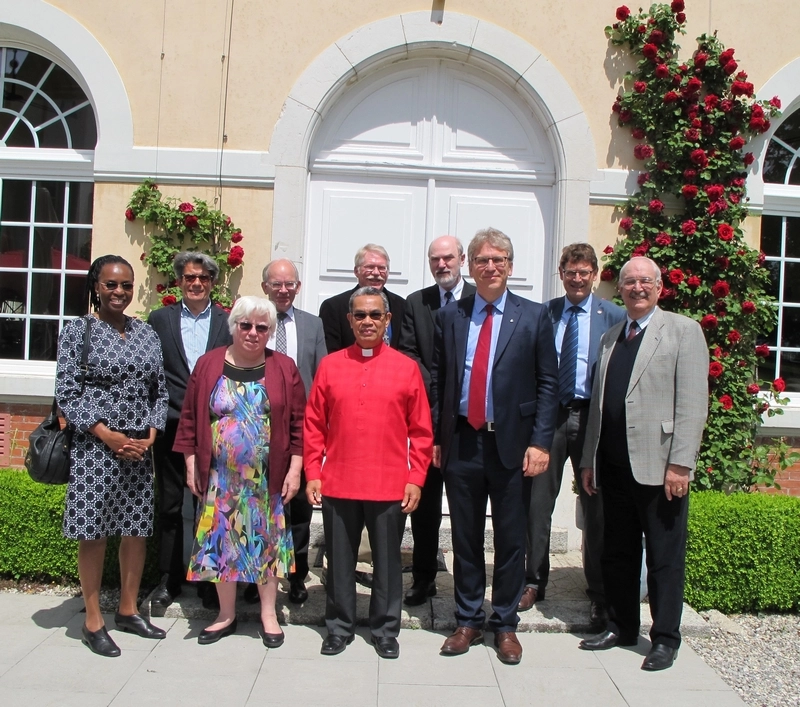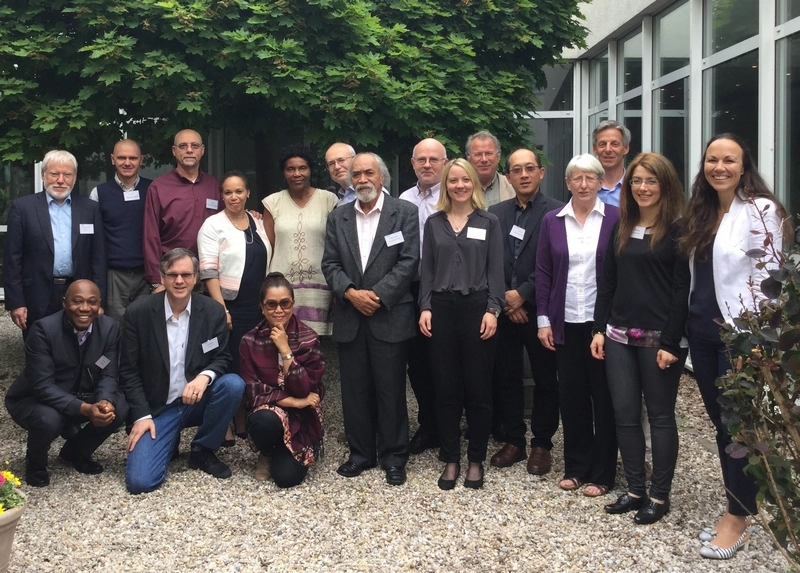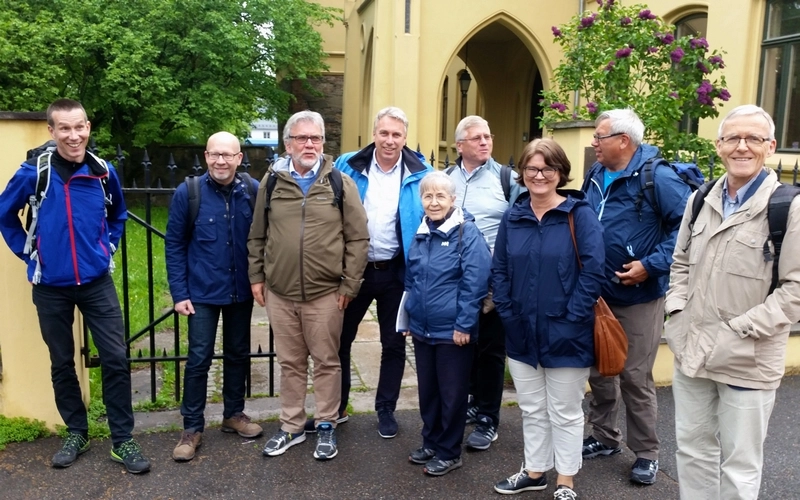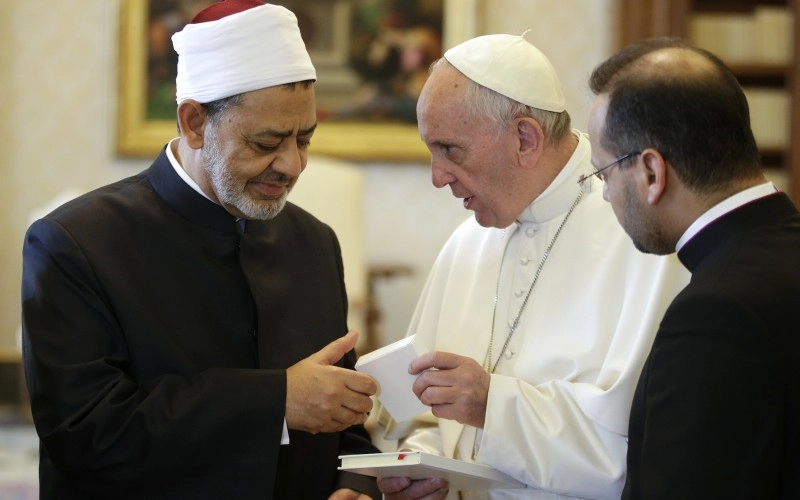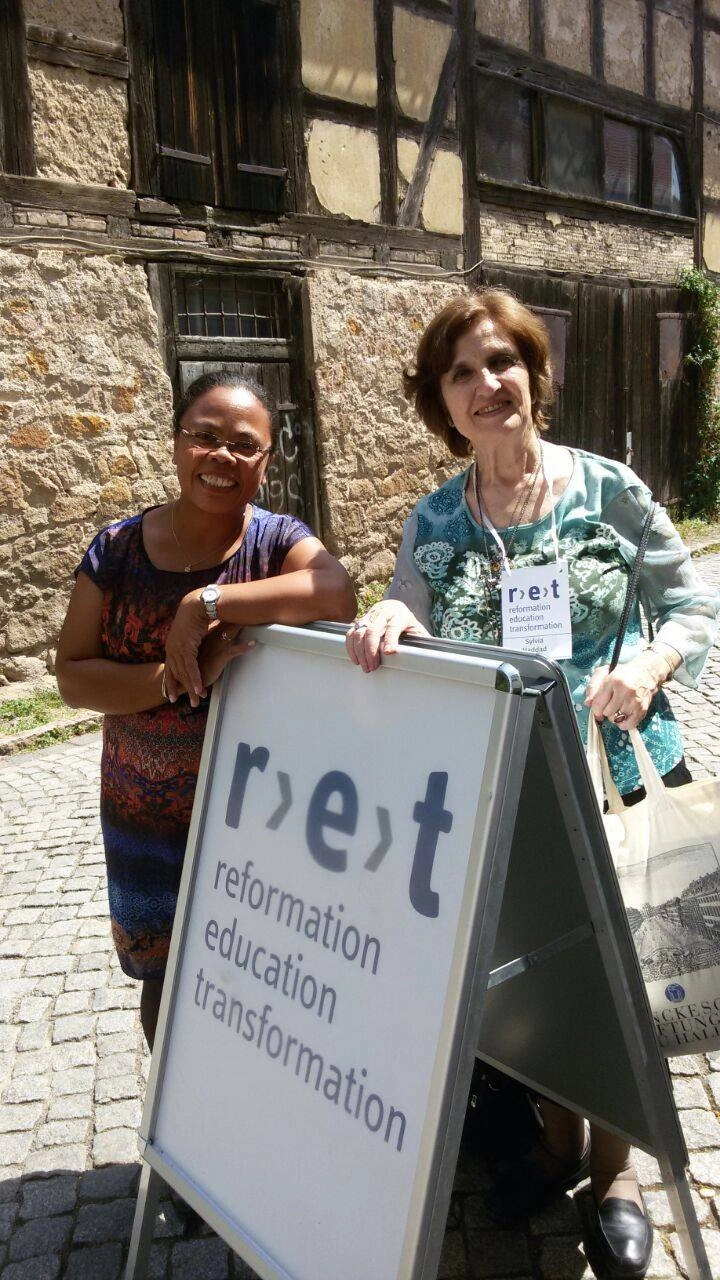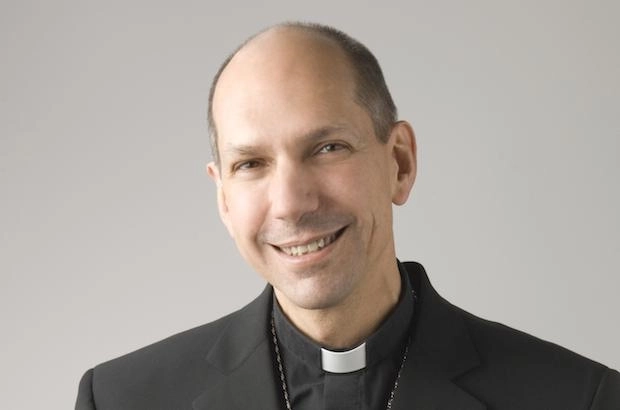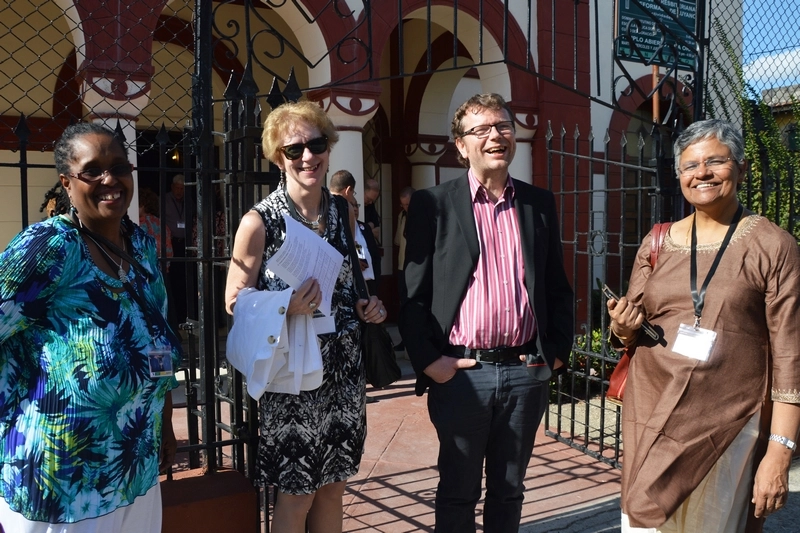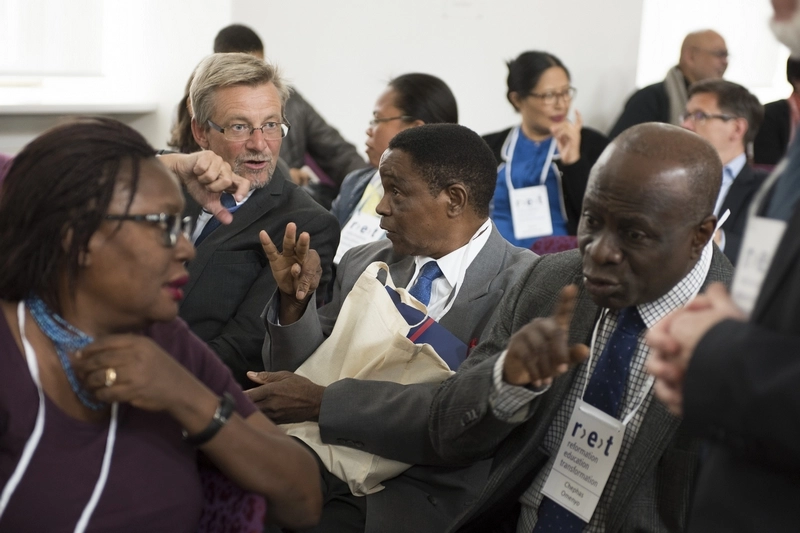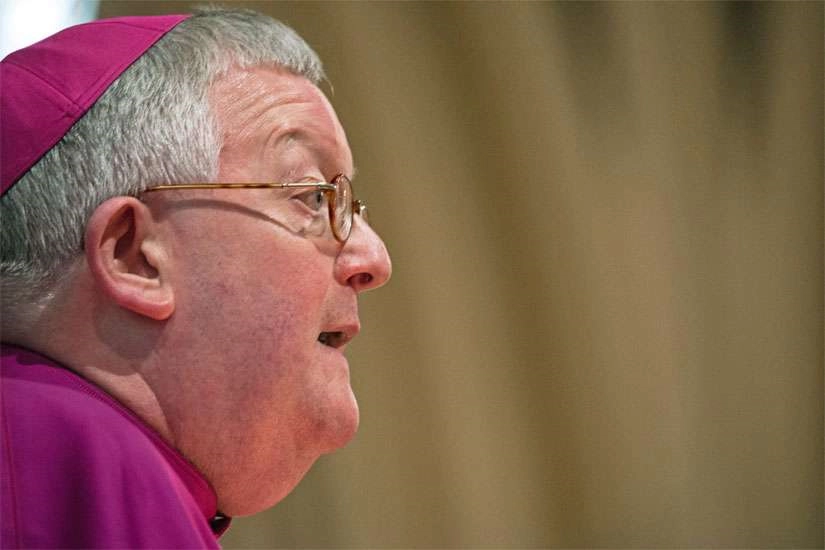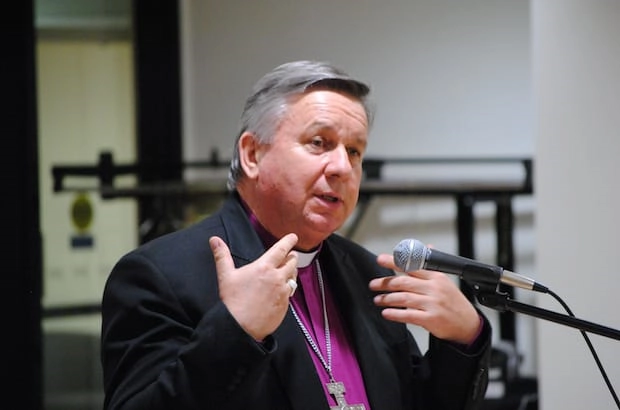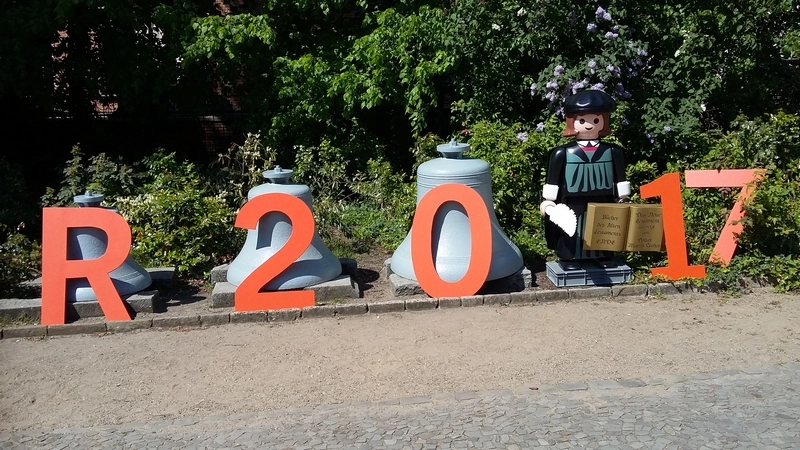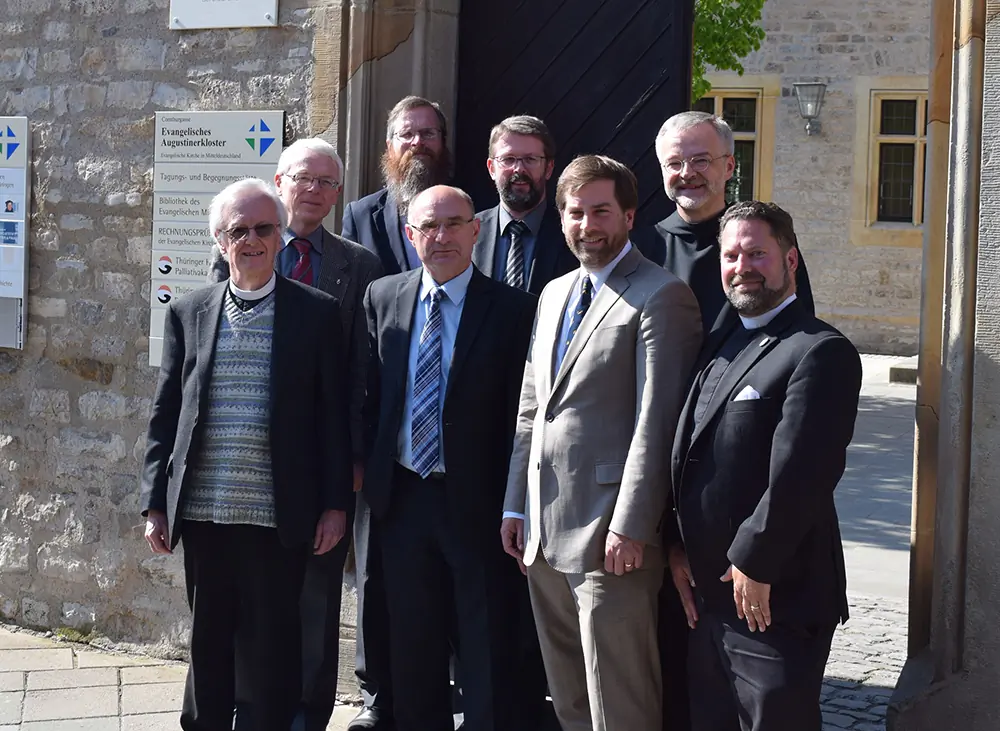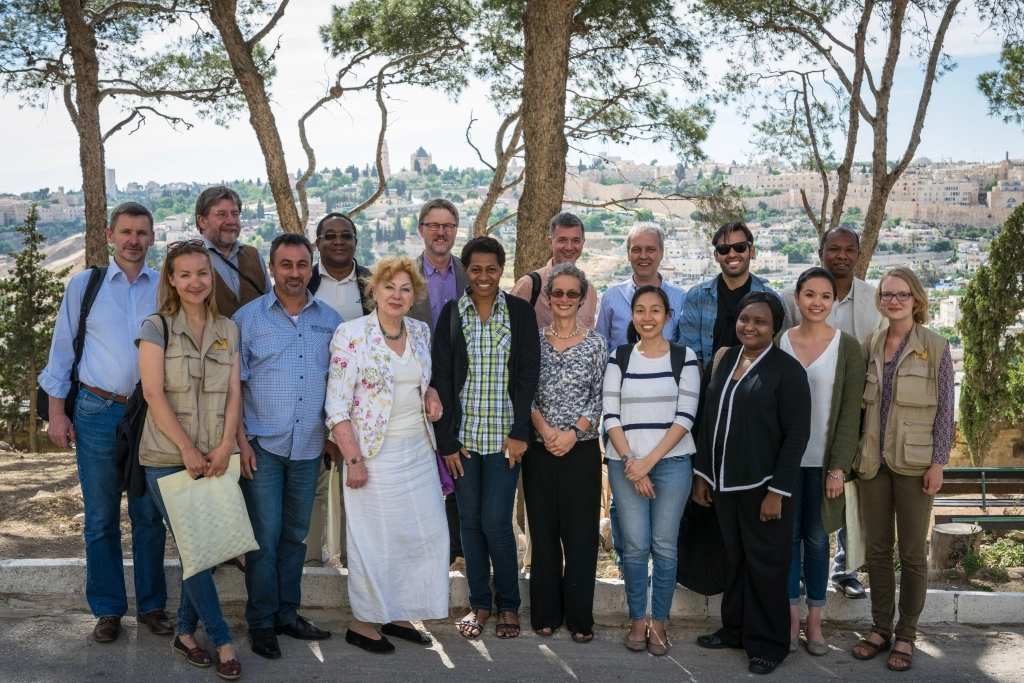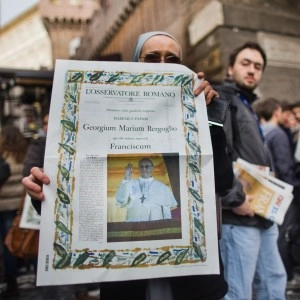- Français
- |
- Booklist
- |
- Week of Prayer
- |
- Links
- Areopagus - a forum for dialogue
- Academic journals
- Acronyms
- Bible tools
- Bibliographies
- Booksellers and publishers
- Churches
- Canadian church headquarters
- Directory of Saskatchewan churches
- Retreat centres
- Saskatchewan church and non-profit agencies
- Ecumenism.net Denominational links
- Anabaptist & Mennonite
- Anglican
- Baptist
- Evangelical
- Independent episcopal
- Lutheran
- Methodist, Wesleyan, and Holiness
- Miscellaneous
- Mormon
- Orthodox (Eastern & Oriental)
- Para-church ministries
- Pentecostal / charismatic
- Presbyterian & Reformed
- Quaker (Society of Friends)
- Roman & Eastern Catholic
- United and uniting
- Documents of Ecumenical Interest
- Ecumenical agencies
- Ecumenical Booklist
- Ecumenical Dialogues
- Glossary
- Human rights
- Inter-religious links
- Justice & peace
- Lectionaries
- Religious news services
- Resource pages
- Search Ecumenism.Net
- |
- Documents
- Ancient & Medieval texts
- Ecumenical Dialogues
- Interreligious
- Anabaptist & Mennonite
- Anglican
- Evangelical
- Lutheran
- Orthodox
- Reformed & Presbyterian
- Roman & Eastern Catholic
- United & Uniting
- Miscellaneous churches
- Canadian Council of Churches (CCC)
- Conference of European Churches (CEC)
- Interchurch Families International Network (IFIN)
- National Council of Churches in Australia (NCCA)
- Lausanne Committee for World Evangelism (LCWE)
- World Council of Churches (WCC)
- Other ecumenical documents
Church traditions
Documents from ecumenical agencies
- |
- Dialogues
- Adventist-Reformed
- African Instituted Churches-Reformed
- Anglican-Lutheran
- Anglican-Orthodox
- Anglican-Reformed
- Anglican-Roman Catholic
- Anglican-United/Uniting
- Baptist-Reformed
- Disciples of Christ-Reformed
- Disciples of Christ-Roman Catholic
- Evangelical-Roman Catholic
- Lutheran-Mennonite
- Lutheran-Mennonite-Roman Catholic
- Lutheran-Reformed
- Lutheran-Roman Catholic
- Mennonite-Reformed
- Mennonite-Roman Catholic
- Methodist-Reformed
- Methodist-Roman Catholic
- Oriental Orthodox-Reformed
- Orthodox-Reformed
- Orthodox-Roman Catholic
- Pentecostal-Reformed
- Prague Consultations
- REC-WARC Consultations
- Roman Catholic-Lutheran-Reformed
- Roman Catholic-Reformed
- Roman Catholic-United Church of Canada
- |
- Quick links
- Canadian Centre for Ecumenism
- Canadian Council of Churches
- Ecumenical Shared Ministries
- Ecumenism in Canada
- Interchurch Families International Network
- International Anglican-Roman Catholic Commission for Unity and Mission
- Kairos: Canadian Ecumenical Justice Initiatives
- North American Academy of Ecumenists
- Prairie Centre for Ecumenism
- Réseau œcuménique justice et paix
- Week of Prayer for Christian Unity
- Women's Interchurch Council of Canada
- World Council of Churches
- |
- Archives
- |
- About us
News archive for 2016
Archives d'actualités pour 2016
On the occasion of US President Barack Obama’s visit to the Japanese city of Hiroshima on 27 May, WCC general secretary Rev. Dr Olav Fykse Tveit sent greetings, noting that this is a time when signs of peace and justice are sorely needed.
“We pray that you will be able to talk with the aging survivors of the atomic bombing – the hibakusha – who live to tell their story in the determined hope that no one will ever again suffer their fate,” Tveit wrote. “They speak for the hundreds of thousands of people from Japan, Korea and other countries whose lives were shattered by the bombings of Hiroshima and Nagasaki.”
Tveit urged Obama to share his vision of a world without nuclear weapons. “The World Council of Churches was founded in 1948, in the shadow of the atomic bombings,” Tveit wrote. “We believe that the case for the elimination of nuclear weapons is grounded in the responsibility to protect and care for goodness of all that God has created and for the dignity of all human beings, made in the image of God.”
Using the energy of the atom in ways that threaten and destroy life is a sinful misuse of the fundamental building blocks of God’s creation, Tveit added in the letter. “Churches in every region of the world refuse to accept that the mass destruction of other peoples can ever be a legitimate means of protecting one’s own people.”
… Read more » … lire la suite »

 Permanent link: ecumenism.net/?p=9117
Permanent link: ecumenism.net/?p=9117
Categories: WCC News • In this article: Barack Obama, Hiroshima and Nagasaki, peace

 Lien permanente : ecumenism.net/?p=9117
Lien permanente : ecumenism.net/?p=9117
Catégorie : WCC News • Dans cet article : Barack Obama, Hiroshima and Nagasaki, peace
“There is a remarkable change towards acknowledging the role of faith-based communities and their resources to address humanitarian needs,” said Rev. Dr Olav Fykse Tveit, general secretary of the World Council of Churches (WCC), during the World Humanitarian Summit (WHS), held in Istanbul, Turkey, 23-24 May.
“This is promising for those who need more assistance, and it is promising for the constructive cooperation needed,” he added.
The summit was the first of its kind in the 70-year history of the United Nations. The motivation came from the UN Secretary-General, Ban Ki-Moon, who called for humanity to be placed at the heart of global decision-making.
The framework of the summit was built upon the principle that, in order to deliver for humanity, stakeholders must act on five core responsibilities: preventing and ending conflict; respecting rules of war; leaving no one behind; working differently to end need; and investing in humanity.
The WCC was represented at the WHS by the general secretary Tveit and the council’s representative to the United Nations in New York, Rudelmar Bueno de Faria, as well as by several member churches, national councils of churches and partner organizations, such as ACT Alliance and its members.
… Read more » … lire la suite »

 Permanent link: ecumenism.net/?p=9115
Permanent link: ecumenism.net/?p=9115
Categories: WCC News • In this article: advocacy, justice, peace, WCC

 Lien permanente : ecumenism.net/?p=9115
Lien permanente : ecumenism.net/?p=9115
Catégorie : WCC News • Dans cet article : advocacy, justice, peace, WCC
The leadership and representatives of the World Evangelical Alliance (WEA) and the World Council of Churches (WCC) met in the Ecumenical Institute at Bossey, Switzerland to explore and discuss possible areas of future cooperation.
The 20 May meeting featured introductions to the work of the WEA and the WCC, and participants reflected together on current developments in society and churches, and on evangelical and ecumenical movements. The WCC general secretary and WEA secretary general took part.
The two organizations shared current plans and discussed possibilities for closer collaboration on thematic areas such as “public witness and peace-building in inter-religious contexts” and “theological reflection, education and formation.”
This was the second meeting with the leadership and representatives, although it was the first meeting with both heads of the organizations present and where perceptions about both the WEA and WCC were discussed.
… Read more » … lire la suite »

 Permanent link: ecumenism.net/?p=9113
Permanent link: ecumenism.net/?p=9113
Categories: WCC News • In this article: WCC, World Evangelical Alliance

 Lien permanente : ecumenism.net/?p=9113
Lien permanente : ecumenism.net/?p=9113
Catégorie : WCC News • Dans cet article : WCC, World Evangelical Alliance
Starting preparations for a Global Ecumenical Theological Institute (GETI) in the context of the 2018 World Mission Conference in Africa was a tangible result of a meeting of 20 ecumenical educators from Africa, Asia, Europe, Latin America, the Caribbean, and the Pacific. They met from 22-24 May in Halle (Germany) at the invitation of the World Council of Churches project on Ecumenical Theological Education (WCC-ETE).
Together they discussed ways of networking to enhance ecumenical theological education, which include curriculum development, sharing of learning models and new forms of partnerships between theological institutions and churches.
The meeting was motivated by the need to strengthen ecumenical education so theological institutions do not become more inward-oriented. To make the cooperation concrete, the group agreed to start the process for the formation of a network of ecumenical educators by contributing to preparations for GETI, planned for March 2018 in close collaboration with the Commission on World Mission and Evangelism (CWME) and the Mission and Evangelism team of the World Council of Churches (WCC).
… Read more » … lire la suite »

 Permanent link: ecumenism.net/?p=9111
Permanent link: ecumenism.net/?p=9111
Categories: WCC News • In this article: mission, theological education, WCC, WCC Commission on World Mission and Evangelism

 Lien permanente : ecumenism.net/?p=9111
Lien permanente : ecumenism.net/?p=9111
Catégorie : WCC News • Dans cet article : mission, theological education, WCC, WCC Commission on World Mission and Evangelism
From 24 May to 21 June, the Christian Council of Norway (CCN) is promoting a pilgrimage from the Norwegian capital Oslo to Trondheim, an important Christian pilgrimage site and the location of the World Council of Churches (WCC) Central Committee meeting from 22-28 June.
CCN’s general secretary Rev. Knut Refsdal will walk the entire 29-day, 638.6-kilometer route, and is inviting local church leaders and congregations to join part or all of the pilgrimage. Several meetings and dialogue spaces are being organized at stops along the way.
“The main message we want to share along the way is that religious and philosophical leaders of each community can help promote mutual understanding and respect for shared values and therefore deplore violent extremism and hate speech,” said Refsdal.
… Read more » … lire la suite »

 Permanent link: ecumenism.net/?p=9109
Permanent link: ecumenism.net/?p=9109
Categories: WCC News • In this article: pilgrimage, spiritual ecumenism, WCC

 Lien permanente : ecumenism.net/?p=9109
Lien permanente : ecumenism.net/?p=9109
Catégorie : WCC News • Dans cet article : pilgrimage, spiritual ecumenism, WCC
Pope Francis embraced the grand imam of Al-Azhar, the Sunni Muslim centre of learning, five years after Sheik Ahmed el-Tayyib suspended dialogue with the Holy See.
As Sheik Ahmed el-Tayyib arrived for his audience in the Apostolic Palace, Francis said that the fact that they were meeting at all was significant.
“The meeting is the message,” Francis told the imam.
The meeting came five years after the Cairo-based Al-Azhar froze talks with the Vatican to protest comments by then-Pope Benedict XVI.
Benedict had demanded greater protection for Christians in Egypt after a New Year’s bombing on a Coptic Christian church in Alexandria killed 21 people. Since then, Islamic attacks on Christians in the region have only increased, but the Vatican and Al-Azhar nevertheless sought to rekindle ties, with a Vatican delegation visiting Cairo in February and extending the invitation for el-Tayyib to visit.
… Read more » … lire la suite »

 Permanent link: ecumenism.net/?p=9092
Permanent link: ecumenism.net/?p=9092
Categories: News • In this article: Al-Azhar, Pope Francis

 Lien permanente : ecumenism.net/?p=9092
Lien permanente : ecumenism.net/?p=9092
Catégorie : News • Dans cet article : Al-Azhar, Pope Francis
A global gathering in the German city of Halle has called on churches to be inspired by the tradition of the Reformation to become agents of transformation.
“We came from different confessional and denominational traditions and together we sought to discover the transformative power of Reformation today, not as a past event but oriented to the future,” participants said in a statement at the end of the 18-22 May consultation.
Halle, in eastern Germany, lies in the heartland of the 16th-century Reformation of Martin Luther and his followers.
The Halle meeting gathered more than 120 people from 40 countries and was the second stage of a “Twin Consultation” on “Reformation – Education – Transformation” that began with a conference in São Leopoldo in Brazil in November 2015.
… Read more » … lire la suite »

 Permanent link: ecumenism.net/?p=9107
Permanent link: ecumenism.net/?p=9107
Categories: WCC News • In this article: Reformation, WCC

 Lien permanente : ecumenism.net/?p=9107
Lien permanente : ecumenism.net/?p=9107
Catégorie : WCC News • Dans cet article : Reformation, WCC
Is doubt just the opposite of faith? Or is it more complicated?
Bishop Donald Bolen, of the Roman Catholic diocese of Saskatoon, says this is one of the central issues facing people today, and a question that’s been on his mind throughout his life as a priest.
For him, it’s definitely more complicated.
“In a sense, apathy is the opposite of faith, whereas a lively doubt is a part of our faith,” Bolen says. “Doubt wants faith to have its reasons… I think when people pay serious attention to their doubts and don’t give up on them, but work with them, the doubting becomes a motivation to think more, to search more, to pray more, to look harder, to find reasons, and I think that’s a motivation which leads to a deeper faith,” he says.
“The doubter is on a quest.”
… Read more » … lire la suite »

 Permanent link: ecumenism.net/?p=9094
Permanent link: ecumenism.net/?p=9094
Categories: Anglican Journal, Dialogue • In this article: Anglican, Anglican Church of Canada, Catholic, CCCB, dialogue, doubt, hope, resources, video

 Lien permanente : ecumenism.net/?p=9094
Lien permanente : ecumenism.net/?p=9094
Catégorie : Anglican Journal, Dialogue • Dans cet article : Anglican, Anglican Church of Canada, Catholic, CCCB, dialogue, doubt, hope, resources, video
Vibrant opening worship held at Luyanó Presbyterian Reformed Church in Havana, Cuba marked the beginning of the executive committee meeting of the World Communion of Reformed Churches (WCRC) in Havana, Cuba from 7-13 May. The meeting was hosted by the Presbyterian Reformed Church in Cuba, a member church of the World Council of Churches (WCC).
The WCRC’s executive committee is comprised of officers and members selected by a general council, as well as elected leaders of the regional councils. The executive committee’s mandate includes oversight of WCRC’s vision and activities between councils, including fostering church unity and coordinating common initiatives for mission, theological reflection and formation, church renewal, justice and dialogue.
In his annual report, WCRC President Rev. Jerry Pillay, a member of the Uniting Presbyterian Church of Southern Africa, stressed the theme of the upcoming General Council in 2017: “Living God, renew and transform us.” He urged the member churches to engage more deeply with this perspective. “We need to embrace a greater and deeper vision…as we continue to pursue our work and witness as an organisation. Our efforts of renewing and transforming the world must start with us if we are to earn respect and remain relevant in addressing the challenges in a changing world.”
The General Council will take place in Leipzig, Germany from 27 June to 7 July 2017. In preparation, the executive committee reviewed plans, focusing on the discernment and consensus process that will be used at the General Council. The committee also approved the final phase of the WCRC’s strategic plan.
… Read more » … lire la suite »

 Permanent link: ecumenism.net/?p=9104
Permanent link: ecumenism.net/?p=9104
Categories: News • In this article: World Communion of Reformed Churches

 Lien permanente : ecumenism.net/?p=9104
Lien permanente : ecumenism.net/?p=9104
Catégorie : News • Dans cet article : World Communion of Reformed Churches
More than 120 people from throughout the world have gathered in the eastern German city of Halle to reflect on how insights from the Protestant Reformation 500 years ago can contribute to transforming the world today.
“We want to initiate and encourage a truly ecumenical and global dialogue on the achievements, current challenges and new learnings about the relevance of Reformation principles,” said the Rev. Cornelia Füllkrug-Weitzel, president of the German Protestant development service Bread for the World, at the opening of the 18-22 May conference.
The Halle gathering is the second stage of a “Twin Consultation” on “Reformation – Education – Transformation” that began with a conference in São Leopoldo in Brazil in November 2015.
In advance of the Reformation Jubilee in 2017, the project aims to examine the contribution of Reformation traditions and theology to strengthening and transforming civil society to promote justice, peace, sustainability and human rights, both locally and globally, with a special emphasis on the role of education.
“2017 will not be an event that looks back historically but an occasion to reflect where reform and reformation is needed today in church and society,” the Rev. Margot Kässmann, ambassador of the Evangelical Church in Germany (EKD) for the Reformation Jubilee, told the Halle meeting.
The idea of holding two consultations in Brazil and in Germany – with some participants attending both meetings – is to reflect on the same thematic areas in two different global contexts as a contribution to the 500th anniversary of the Reformation and its impact on society.
… Read more » … lire la suite »

 Permanent link: ecumenism.net/?p=9102
Permanent link: ecumenism.net/?p=9102
Categories: WCC News • In this article: Reformation, WCC

 Lien permanente : ecumenism.net/?p=9102
Lien permanente : ecumenism.net/?p=9102
Catégorie : WCC News • Dans cet article : Reformation, WCC
Anglican and Catholic theologians, meeting in Toronto, Canada this week, have agreed on the publication of their first ARCIC III document on the theme “Towards a Church fully reconciled”. The volume, which is likely to be published in the autumn, uses the ‘Receptive Ecumenism’ approach to look at the limitations within each communion and see how one Church can help the other grow towards the fullness of faith.
The third Anglican-Roman Catholic International Commission (ARCIC III) is holding its sixth annual meeting from May 11th to 19th, hosted by the Anglican sisters of St John the Divine in Toronto. The 18 members of the Commission have completed work on the first part of their mandate, exploring tensions between the local and Universal Church within the two communions, and are continuing discussions on a second volume, looking at how Anglicans and Catholics make difficult moral and ethical decisions.
… Read more » … lire la suite »

 Permanent link: ecumenism.net/?p=10372
Permanent link: ecumenism.net/?p=10372
Categories: Vatican News • In this article: Anglican, ARCIC, Catholic

 Lien permanente : ecumenism.net/?p=10372
Lien permanente : ecumenism.net/?p=10372
Catégorie : Vatican News • Dans cet article : Anglican, ARCIC, Catholic
After nearly 50 years of discourse between the Catholic and Anglican communions, the official dialogue body wants to fine-tune how it studies the differences and similarities between two churches which both call themselves Catholic.
“ARCIC III hasn’t proved itself yet,” Sir David Moxon, Anglican co-chair of the Anglican-Roman Catholic International Commission, told The Catholic Register following an ecumenical evensong on Pentecost Sunday.
This third stage of the dialogue has been meeting since 2011, but has yet to publish a major document. It is currently studying how the Church arrives at moral teaching.
The official dialogue sponsored by the Vatican and the Archbishop of Canterbury is meeting in Toronto until May 18, when a concluding communique is expected from the meeting of 22 bishops, theologians and support staff. It is the first time the body has met in Canada and, to the knowledge of the participants, the first time in 50 years that ARCIC has met during Pentecost, when the Holy Spirit first revealed the global unity of the Christian message expressed in the diversity of languages from around the world.
… Read more » … lire la suite »

 Permanent link: ecumenism.net/?p=9085
Permanent link: ecumenism.net/?p=9085
Categories: Catholic Register, Dialogue • In this article: ARCIC, dialogue, ecclesiology, IARCCUM

 Lien permanente : ecumenism.net/?p=9085
Lien permanente : ecumenism.net/?p=9085
Catégorie : Catholic Register, Dialogue • Dans cet article : ARCIC, dialogue, ecclesiology, IARCCUM
About 23 years ago, says Archbishop David Moxon of the Anglican Church in Aotearoa, New Zealand and Polynesia, he and the local Roman Catholic bishop made an agreement that still makes him feel hopeful.
The two church heads decided to share the rite of imposition of ashes on Ash Wednesday-a tradition that continues in New Zealand today.
Outstanding doctrinal differences prevent the Anglican and Roman Catholic churches from being able to actually take communion together. But Moxon, who is also the Anglican co-chair of the Anglican-Roman Catholic International Commission (ARCIC)-the two faith groups’ international ecumenical body-is encouraged about the prospect of ongoing dialogue. The relationships made between New Zealand Anglicans and Roman Catholics through sharing the Ash Wednesday rite, he says, led the two churches to spearhead a joint mission that involves nine Christian charities and serves about 7,000 people in the city of Hamilton, New Zealand.
… Read more » … lire la suite »

 Permanent link: ecumenism.net/?p=10369
Permanent link: ecumenism.net/?p=10369
Categories: Anglican Journal • In this article: Anglican, Catholic

 Lien permanente : ecumenism.net/?p=10369
Lien permanente : ecumenism.net/?p=10369
Catégorie : Anglican Journal • Dans cet article : Anglican, Catholic
The 500th anniversary of the Reformation in 2017 should be a profoundly ecumenical, as well as European and international celebration, according to Bishop Heinrich Bedford-Strohm, chair of the Council of the Evangelical Church in Germany (EKD).
“With this clear distinction from all other commemorations of past centuries, we are sending a signal of reconciliation and a new beginning,” Bedford-Strohm said at a 9 May press conference in Berlin announcing events leading up to the anniversary on 31 October 2017.
The commemoration marks the day in 1517 on which Martin Luther is said to have posted his 95 theses denouncing church abuses on the door of the Castle Church in Wittenberg.
Luther’s actions set in motion events that led to the Reformation and the division of western Christianity into Roman Catholic and Protestant churches.
In recent years, however, Roman Catholics and Lutherans have reached agreement on the doctrine of justification, a key dividing issue between the papacy and Luther and his followers, and many doctrinal differences should no longer have a church-dividing character, said Bedford-Strohm.
… Read more » … lire la suite »

 Permanent link: ecumenism.net/?p=9100
Permanent link: ecumenism.net/?p=9100
Categories: WCC News • In this article: Reformation, WCC

 Lien permanente : ecumenism.net/?p=9100
Lien permanente : ecumenism.net/?p=9100
Catégorie : WCC News • Dans cet article : Reformation, WCC
On May 6-7, 2016 the Dialogue Group of the International Lutheran Council (ILC) and the Pontifical Council for Promoting Christian Unity (PCPCU) met for the second time. The venue was the Augustinian Monastery at Erfurt, Germany. Delegates on the Roman Catholic side were Dr. Josef Freitag (Erfurt, Germany) Dr. Grant Kaplan (Mainz, Germany/St. Louis, USA), Dr. Burkhard Neumann (Paderborn, Germany) and Fr. Dr. Augustinus Sander (Maria Laach, Germany). Delegates on the Lutheran side were Rev. Dr. Albert Collver III (St. Louis, USA), Dr. Werner Klän (Oberursel, Germany) Dr. John Stephenson (St. Catharines, Canada), Dr. Roland Ziegler (Ft. Wayne, USA). Unable to attend the meeting were Lutheran delegate Dr. Gerson Linden (Sao Leopoldo, Brasil) and Roman Catholic delegate Dr. Wolfgang Thoenissen (Paderborn, Germany).
… Read more » … lire la suite »

 Permanent link: ecumenism.net/?p=13342
Permanent link: ecumenism.net/?p=13342
Categories: Communiqué, News • In this article: dialogue, Dicastery for Promoting Christian Unity, International Lutheran Council

 Lien permanente : ecumenism.net/?p=13342
Lien permanente : ecumenism.net/?p=13342
Catégorie : Communiqué, News • Dans cet article : dialogue, Dicastery for Promoting Christian Unity, International Lutheran Council
After travelling to Ben Gurion airport in Tel Aviv in the last week for a climate justice meeting, World Council of Churches (WCC) staff and partners were detained or deported in a manner that WCC general secretary Rev. Dr Olav Fykse Tveit terms both unprecedented and intolerable.
“The WCC protests the excessive, unreasonable and wholly unwarranted treatment by the Israeli authorities of these representatives of WCC member churches and staff travelling to engage in discussions on climate change and environmental stewardship, at the invitation of and hosted by WCC’s member churches in the region,” he said.
Members of the WCC’s Working Group on Climate Change from as many as 13 countries reported they were held for hours of interrogation, including tough intimidation and detention in prison-like conditions for up to three days — a very difficult experience, Tveit said. “We react in different ways emotionally to experiences like this. For all of them, I think it was totally unexpected and very disturbing, for most of them shocking, as they have never experienced anything like this before.”
Although there have been small incidents in the past, there has been nothing approaching this level of intimidation, Tveit added.
… Read more » … lire la suite »

 Permanent link: ecumenism.net/?p=9089
Permanent link: ecumenism.net/?p=9089
Categories: WCC News • In this article: Israel, WCC

 Lien permanente : ecumenism.net/?p=9089
Lien permanente : ecumenism.net/?p=9089
Catégorie : WCC News • Dans cet article : Israel, WCC
The magazine, which launched today, started as a monthly section in the Vatican newspaper L’Osservatore Romano.
The Church has ignored the female contribution to Catholic culture in recent years, according to an editorial in a new women’s magazine published by the Vatican’s semi-official newspaper.
Lucetta Scaraffia, the co-ordinator of Women-Church-World, the new monthly magazine published by L’Osservatore Romano, said that a “hidden revolution” had taken place during the last century with women making an increasingly important contribution to the intellectual life of Catholicism.
But this, she explained, had been “almost ignored” by the Church even though it had intensified in the years following the Second Vatican Council when more and more women started to study theology.
… Read more » … lire la suite »

 Permanent link: ecumenism.net/?p=9062
Permanent link: ecumenism.net/?p=9062
Categories: Tablet • In this article: Vatican

 Lien permanente : ecumenism.net/?p=9062
Lien permanente : ecumenism.net/?p=9062
Catégorie : Tablet • Dans cet article : Vatican

